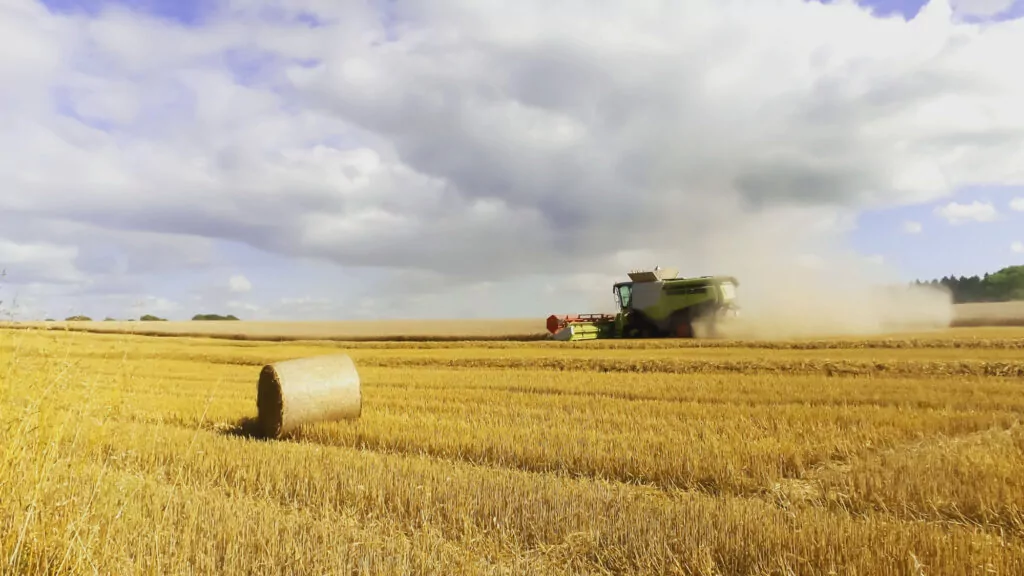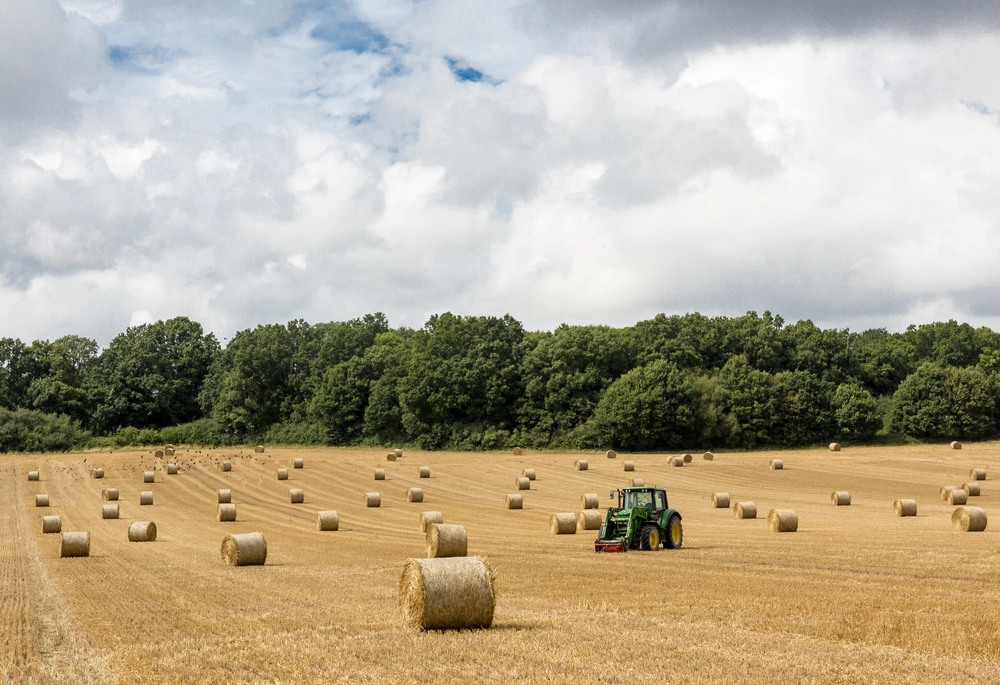
Case law update: Inheritance of the family farm – Spencer v Spencer

By Edward Venmore, Toby Prowting
9 Nov 2023 | 4 minute read
The classic case is this: parent tells child that "one day all of this land will be yours", child works on the farm for all their life for little or no reward and foregoes other opportunities in the expectation that one day they will get the farm, and then parent either attempts to sell the farm or dies and leaves it to someone else. Child then sues parent (or deceased parent's estate) to argue that they have a claim and that the Court should recognise that they have a beneficial interest in the farm. These cases are known as 'proprietary estoppel' claims.
The High Court (Chancery Division) on 9 August 2023 addressed for the first time the question of proprietary estoppel in light of last year's Supreme Court decision in Guest v Guest [2022].
Facts
The facts are typical of a proprietary estoppel claim in a farming family. The claimant, Michael Spencer (Michael), claimed that his late father (John) had promised that he would inherit the freehold land comprised in the farm on his father’s death, about 405 acres in all, and that he had relied on those promises in a way which made it unjust for John to break that promise. Until shortly before his death, John's wills had left the land to Michael but in a new will made shortly before his death the land was left to trustees on a discretionary trust for his children and grandchildren.
The Assurance
The Judge accepted Michael’s evidence that John had promised him that he would inherit the farm even though “his memory of events particularly as to when things occurred and in what sequence was very unreliable.” The promises made by John had been a significant inducement for Michael to continue working with his father on the farm (notwithstanding their difficult working relationship). Michael positioned his working life in significant part based on John's assurances.
The Detriment
Notwithstanding the fact that Michael enjoyed rent-free accommodation and the payment of most of his living expenses as well as ending up with a partnership capital account and pension fund together worth over £2.1m, the court held that Michael's conduct in reliance on the promises would be detrimental to him unless the promises were kept. The Judge commented that:
"It is not possible to put a money value on the unquantifiable detriment of committing a life to a farm and not building a different life elsewhere, nor to recreate a world without the assurances"
The Equity
The court made specific provision for land where permission had been granted after John’s death for the extraction of minerals. Although the extraction permission was not granted until nearly 2 years after John’s death, it was held that it should not be ignored. The Judge commented that:
“the appropriate remedy has to be determined by a court of equity having regard to all the circumstances at the time at which it is called upon to satisfy the equity.”
Whilst the parties were free to arrange the precise details of any remedy between them, the court provisionally suggested a transfer of the farm excluding the mineral land to Michael, with an entitlement for Michael to the agricultural value of the land.
Takeaways
The Court judgment identified key components which courts must consider in a case of this kind:
There must be an assurance by the promisor that the promisee will inherit specified property which must be reasonably understood to be unambiguous and intended to be taken seriously.
- The intention of the promisor at the time of making the promise is not relevant, rather it is how the statements were reasonably understood.
- The promise does not need to be expressed as being irrevocable but in order to show reasonable reliance by the promisee, the relevant statement must be "tantamount to a promise".
- There must be a sufficient link between the assurance and the conduct which constitutes the detriment – it need not be the sole inducement but there must be an inducement.
- Detriment must be set out in the court papers and proved by the promisee and must be something substantial (to be judged at the moment when the assurance is repudiated).
- If an equity has arisen, the court must decide how it should be satisfied. Where specific enforcement of the whole promise would be out of all proportion to the detriment suffered, the court may be constrained to limit the extent of the remedy.
The Spencer decision is an illustration that detriment need not be purely financial. Committing your life to farm-work on the basis of an assurance that it would one day be his was sufficient to evidence a detriment in the Judge's view. See the full judgment of the case here.
We are sure that post-Guest case law will continue to throw up interesting questions on the fundamental principles of proprietary estoppel. These types of claims are increasingly common. Careful succession planning can avoid them or at least minimise the risk of one ever arising.
If you find yourself in a position similar to the case described above or worry that you could be in the future, then you need to take legal advice. Foot Anstey has lawyers specialising in private wealth, succession planning, and farms, estates, and rural land who are on hand to help.
To hear more about proprietary estoppel claims in the rural context, listen to our podcast below.
Also, read other relevant articles we have written on proprietary estoppel at the following links:














